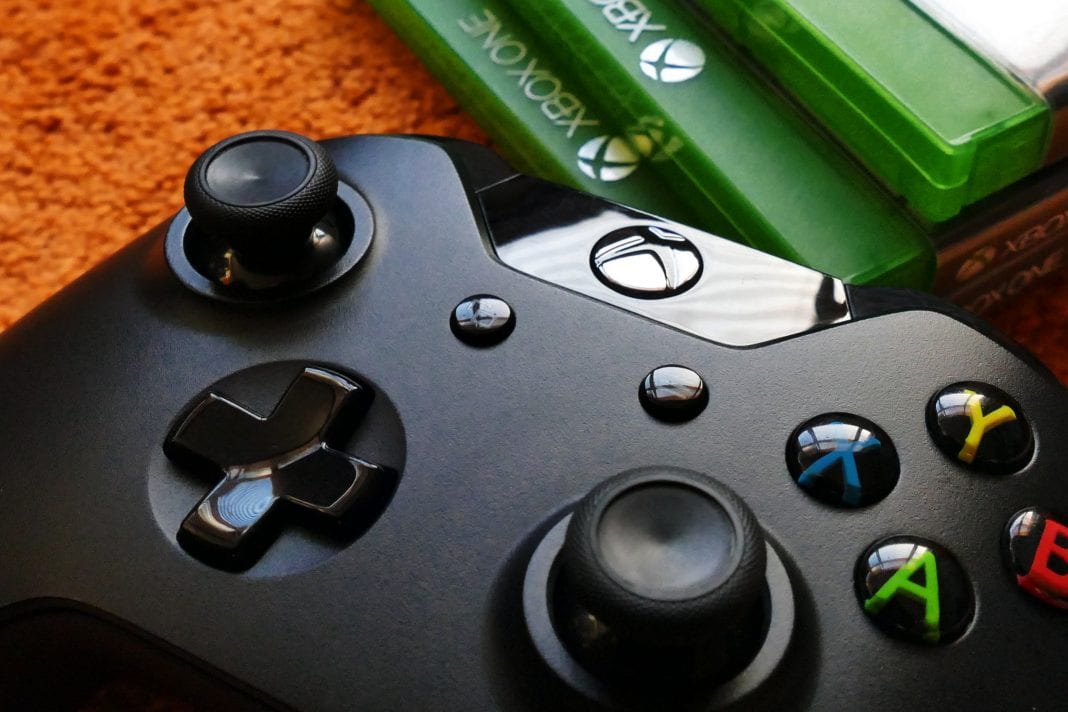Console gaming fans may be in for a disappointment as evidence keeps on piling up that Microsoft intends to gradually phase out the Xbox console series. The plan seems to point towards reinventing the MS gaming world around PC upgrades, portable device apps, and live streaming, while the focus on hardware appears to be declining.
Xbox One Features Already Hint at Microsoft Focus Shift
Xbox has proved an immensely popular console, with Xbox 360 being the flagship of the franchise: the console that was first launched in 2005 has sold more than 80 million units worldwide and has been a clear favorite in North America. Overall, 85 million users on the console have logged in to play for more than 78 billion hours and achieved an impressive 486 billion gamerscore in the context of 27 billion achievements, as Phil Spencer, Head of Gaming at Microsoft, explained last year. However, Microsoft decided to pull the plug last year on producing more hardware for the beloved console, instead focusing on the further development of its 2013 release, Xbox One.

Yet it is precisely some of the enhanced features of Xbox One that further feed the rumors that Microsoft does not see its gaming future in consoles, but rather on app-based entertainment, cloud computing, and live streaming. Xbox One really tried to tap into the cloud and social networking potential that seems to dominate the gaming market these days: it featured the option to record and share video snippets or screenshots from your gameplay and allowed you to play on Windows 10 devices connected to a LAN without the need to have access to the console.
Is Streaming the Future in Gaming?
Further to that, Xbox One offered the ability to live stream on platforms such as Mixer and Twitch. Twitch, in particular, has been boasting of its focus on providing streaming services to the niche market of gaming and has a record of accommodating live online game streaming, including players streaming their feats on consoles like Xbox One or PS4. Live streaming is all the rage right now in the gaming world,from live streaming online casino sites offering games like blackjack, roulette, poker or even dream catcher to watching esports tournaments online. On popular online multiplayer games like Dota and League of Legends, you can get a streamer for everything: from educational and informative channels where experienced players regularly explain their gameplay – ideal for players who are just starting out – to personality streams where game celebrities often engage with their followers.
The increased focus of the latest Xbox One on off-console play, paired with the enthusiasm surrounding live streaming, shed new light on the recent hints by Spencer that Microsoft might be moving away from consoles entirely and into the area of software, subscriptions, and services. Spencer himself recently explained that their vision when it comes to gaming is “connecting to players” – and he added that Microsoft will probably launch an off-console streaming service for at least some of its content within the next three years. This was to be expected if we think back to their 2013 prototype attempt to stream Halo 4 directly from the cloud to MS devices like a PC and a Windows Phone.
Xbox’s Place on Universal Windows Platform Ecosystem Uncertain
This shift is in line with the wider developments in Microsoft; it is well-known that their CEO Satya Nadella wants the company to focus more on services and cloud computing, so that their products can follow their customers on whichever device they opt to use, anywhere they go. And in gaming, in particular, Microsoft might be making a financially smart move by emigrating to the cloud and streaming, as it seems that PCs and portable devices dominate the market. No surprise there, as smartphones and tablets have seen a boost in terms of popularity in the recent years. Currently, 44% of developers work on games suitable for portable devices and over 50% work on content for PCs, while only 23% are developing games for Xbox One and a meagre 5% for Xbox 360 – PS4 is still doing slightly better though, with 28% of game designers focusing their efforts on that market.
Between releasing an Xbox app for PCs running Windows 10 and making the console compatible with the operating system, to previously exclusive Xbox games like Quantum Break and Tomb Raider making their appearance in PC versions, it seems that the console is still part of the Universal Windows Platform that the company aspires to build – where content can be shared across devices and platforms – so we may be a bit too quick in writing it out. We also need to account for the Xbox One X project still in the works. Yet Spencer himself has complained that consoles kind of tie developers’ hands with respect to innovation, as you get hardware and software locked together and you need to wait for the next release to properly upgrade your game.
Although all these concerns seem valid and really justify a turn in focus, let’s hope we haven’t seen the end of consoles just yet. Granted, it would be very convenient to access content wherever and whenever you want, but consoles are an intrinsic – albeit romantic – part of a gamer’s experience that we wouldn’t want to lose altogether.
[Written By External Partner]

